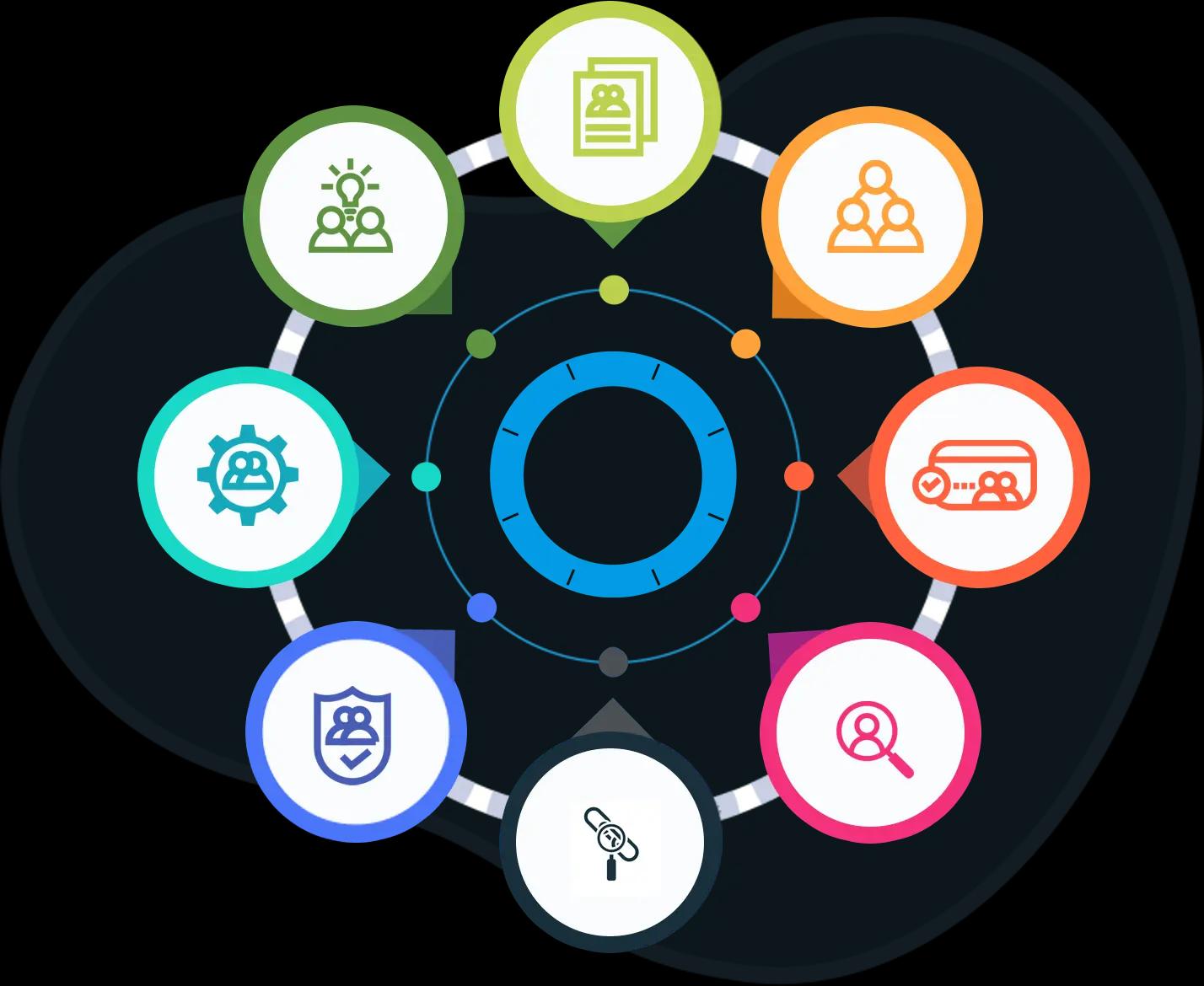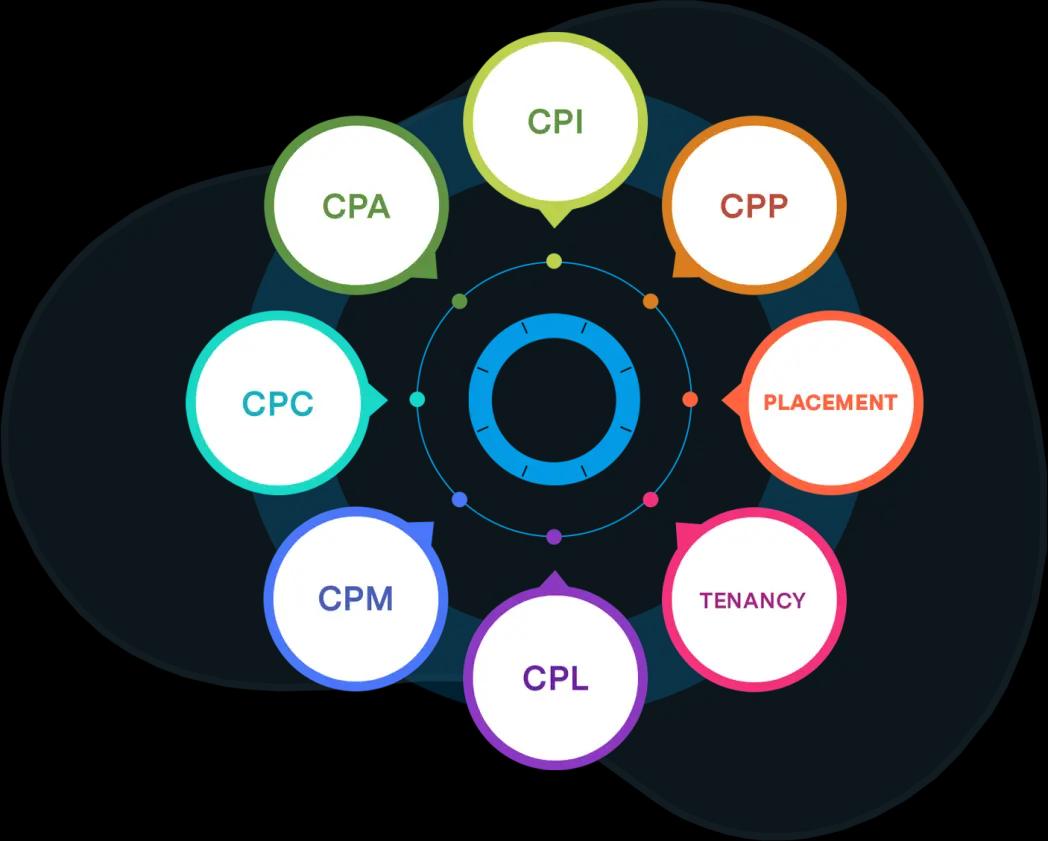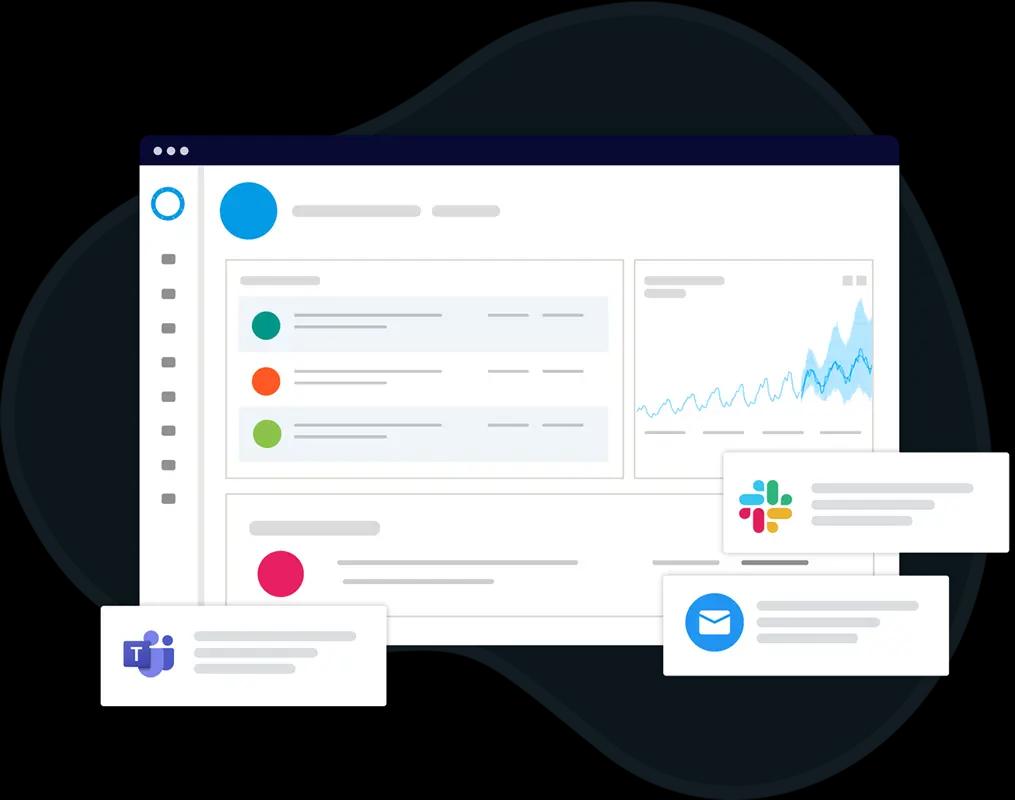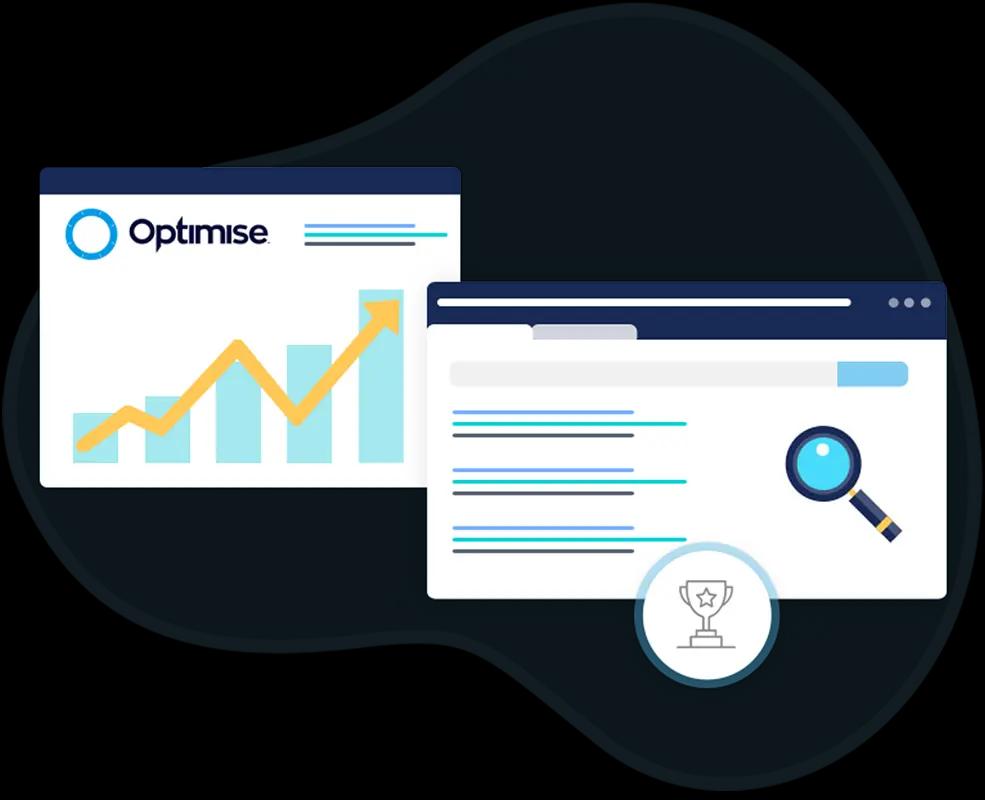
Google Consent Mode V2 is mandatory by March 2024
Google Consent Mode V2 is mandatory by March 2024
Google Consent Mode V2 is mandatory by March 2024
What is Google Consent Mode?
Google Consent Mode is a tool designed to help website owners and marketers manage user consent for various Google services, including Google Analytics, Google Tag Manager and Google Ads. It provides a way to collect, store, and transmit user consent preferences, ensuring compliance with data protection regulations such as GDPR and CCPA. The latest version, Consent Mode V2, brings several notable improvements that address the evolving needs of both users and advertisers.
What new in Consent Mode V2?
Google has added two new parameters in Consent Mode V2:
ad_user_data: controls if the user consents to their personal data being sent to Google for advertising purposes.
ad_personalization: controls if the user consents to their data being used for personalized advertising (remarketing).
The new parameters are specifically designed to enhance user privacy. The settings determine if personal data is sent to Google based on user consent, which is applicable to services like Google Analytics, Google Tag Manager and Google Ads and Google Play, etc.
These new parameters are in addition to the existing ones (analytics_storage and ad_storage). These flags don’t have a functional impact on how tags behave on the site itself.
Do I need to do anything before March 2024?
Yes - it's essential for advertisers and publishers, especially in the European Economic Area (EEA), to implement Consent Mode V2 in at least Basic Mode, to ensure compliance and maintain the quality of their audience and measurement data in Google Ads. Without implementing Consent Mode V2, no data about new EEA users will be captured by advertising platforms like Google Ads, and GA4 after March 2024, significantly impacting advertising strategies and effectiveness. This means that Google Tag Manager will stop working, leading to loss of tracking data for your affiliate campaigns. Additionally, without Consent data, Google Analytics will revert to Behavioural Modelling rather than deterministic data, which could lead to inaccurate tracking and validation data. See [GA4] Behavioural modelling for consent mode.
You must have a cookie consent wall in place that aligns with Googles standards, as well as GDPR and the e-privacy directive. If you use Google Analytics to validate sales on your affiliate campaigns, it’s vital that you have the correct consents in place to ensure that the data you need will continue to track. This should be considered alongside the attribution model you are utilising in GA4. See Affiliate attribution may drop in Google Analytics 4.
What are the implementation options?
In Consent Mode V2 there are 2 options:
Basic Consent Mode. In basic mode, website work normally (all tags are fired and data is collected) unless a user does not consent, in which case no tags are fired and no data is collected
Advanced Consent mode. In Advanced mode, data can still be collected and sent to Google from user who didn’t consent, but cookies are not set.
Recommended actions:
-
Check if your website has traffic from the EEA.
-
Ensure you have a complaint consent wall in place.
-
Ensure you are using Consent mode correctly (in at least Basic Mode) by sharing the required parameters with Google.
Further Reading
• https://www.simoahava.com/analytics/consent-mode-v2-google-tags/
For Optimise Advertisers - if you require support, please reach out to your Account Manager.



